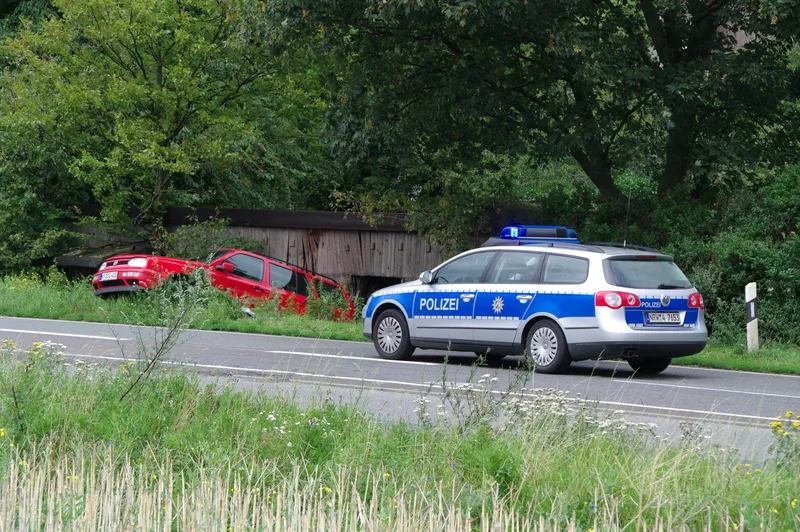
The latest data on crash statistics and road fatalities for Germany shows a marked improvement in casualty rates for 2021.
The preliminary data paints a positive picture, with road deaths dropping by 6% compared to the figures for 2020. The data is of note as it compares a similar picture to France and the UK for example, where casualty rates have also been reduced.
This contrasts strongly with the US also, where road casualty rates actually increased during the pandemic.
There were 2,570 road related fatalities in Germany in 2021, the lowest rate of road deaths for over 60 years. While distances travelled have dropped during the pandemic period, it is of note that more people drove during 2021 than in 2020, so the data reflects a strong overall improvement in road safety in Germany.
Further analysis of the crash data will give greater insight into how this safety improvement has been achieved as more comprehensive information becomes available. It is of note that DUI offences, alcohol in particular but also misuses of drugs, have been an issue in some parts of Germany in the past. Whether this has also been reduced remains to be seen.










